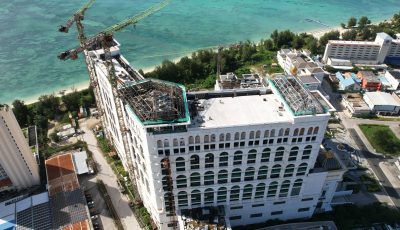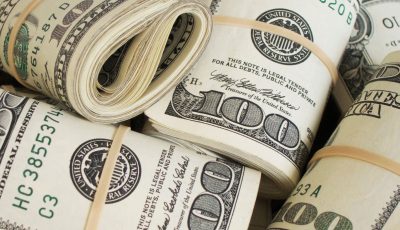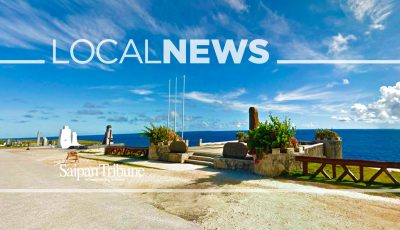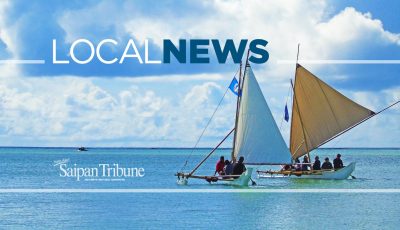Baldwin ordered to pay $2.1M
Bridge Capital LLC principal and chief executive officer John K. Baldwin was ordered yesterday to pay a $2 million tax and penalty capped at 15 percent arising from his investment in Claston, a limited liability company in Delaware.
Furthermore, the interest shall be calculated as having accrued from July 31, 2013, to Feb. 1, 2015, and from Aug. 15, 2006, up to present, according to designated Judge Frances Tydingco-Gatewood of the U.S. District Court for the NMI.
The $2,085,902 is the same amount that the U.S. government had asked the court to declare that Baldwin owes. The U.S. government also asked the court to assess $312,885.30 in penalties.
Baldwin and Claston had asked the court to rule that the correct amount of base, pre-interest tax dollars that result from the disallowance of the Claston 2002 loss, is $1,904,790.
Baldwin and Claston, through counsel Deborah Deitsch-Perez and Michael Dotts, also asked the court to rule that interest only accumulated on this amount from the date of the return until Feb. 1, 2005, or in the alternative, from the date of the return until Feb. 1, 2005 and again from July 18, 2008 until payment.
Baldwin and the U.S. government are still finalizing a settlement to resolve his $5 million federal tax refund lawsuit.
A court’s ruling on two remaining issues will enable the parties to finally complete calculations and conclude the settlements in the two lawsuits that Baldwin filed against the U.S. government.
Tydingco-Gatewood’s ruling yesterday resolved such two issues—the amount of tax that flows through Claston to Baldwin and will be deducted from his tax refund, and when interest accrued on the unpaid taxes.
Tydingco-Gatewood said the Internal Revenue Service concluded that Baldwin’s income exclusive of the Claston-related taxes exceeded $307,050, and therefore all taxes resulting from the disallowed Claston loss were subject to the 38.6 percent tax rate.
The judge said because Baldwin and Claston have failed to demonstrate that the IRS erred in calculating Baldwin’s income or other tax obligations, Baldwin and Claston have failed to rebut the presumption of correctness as to the IRS’ application of the 36.6 tax rate.
Tydingco-Gatewood determined that interest began to accrue on Aug. 15, 2006.
According to Joseph A. Sergi, senior litigation counsel for U.S. Department of Justice Tax Division, Baldwin or Claston previously made a settlement offer to the U.S. government in the two cases, which would resolve all of the issues in both cases.
Sergi said the U.S. government accepted the offer.
In the course of discussing the calculations necessary to effectuate the settlement, two issues arose.
First, Sergi said, the parties were unable to reach an agreement on the amount of tax that flows from the Claston partnership to its partner, Baldwin.
Second, Sergi said, the parties disagree whether interest on the underpayment of tax should be reduced under section 6404 of the Internal Revenue Code for the period from July 24, 2006, through July 9, 2008.
Sergi asked the court to find that the U.S. government’s calculation of tax and penalty is correct and that there is no interest suspension after Aug. 14, 2006, because that is when Baldwin received a notice that the IRS was contesting the validity of Claston’s tax shelter.
In Baldwin’s and Claston’s brief, Deitsch-Perez and Dotts said this is a federal tax dispute that was settled in 2012 when the U.S. government agreed that a $4,060,000 (plus interest) tax refund was due to Baldwin after the U.S. government had wrongfully demanded, and Baldwin had paid, approximately $5 million in taxes that the U.S. government eventually conceded were in large part not due.
Baldwin then agreed that any amount due as a result of the resolution of the Claston case could be deducted from his refund.
Deitsch-Perez and Dotts said after resolving several other disagreements about the computation of the net refund due to Baldwin, the parties join in seeking a ruling from the court on the two outstanding issues.



























